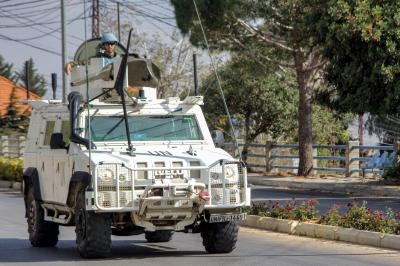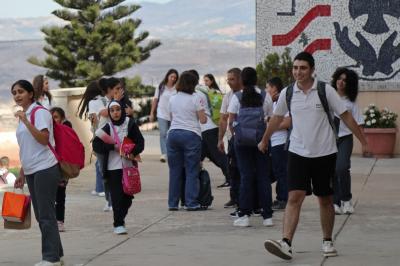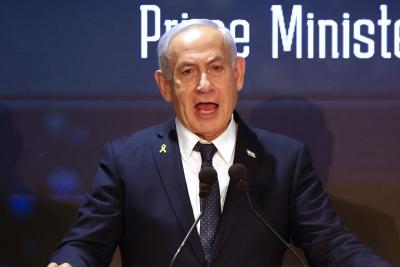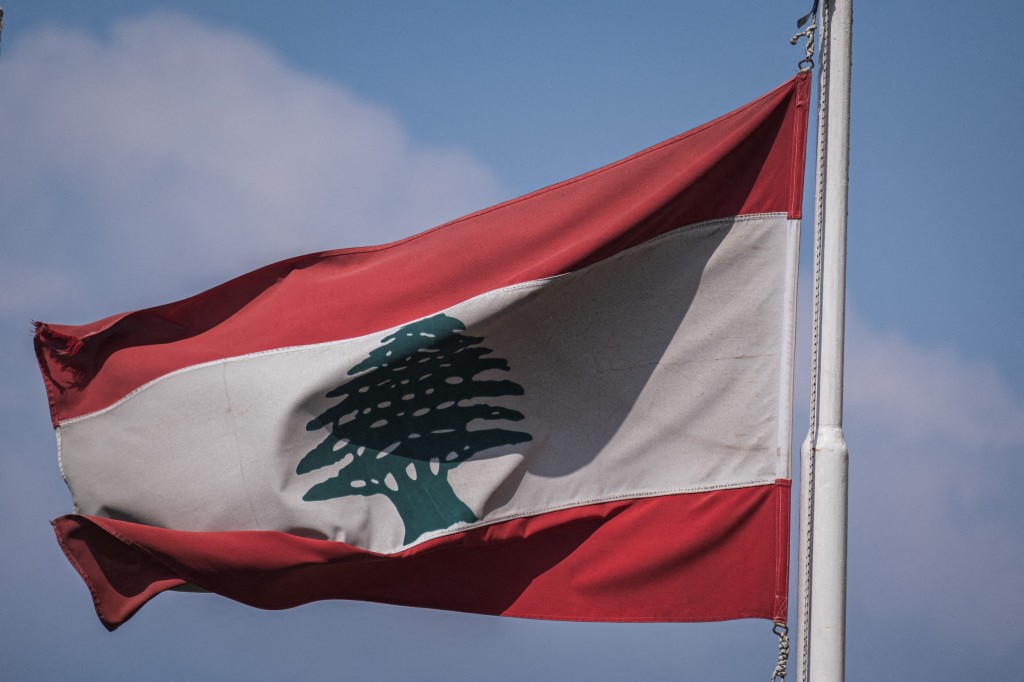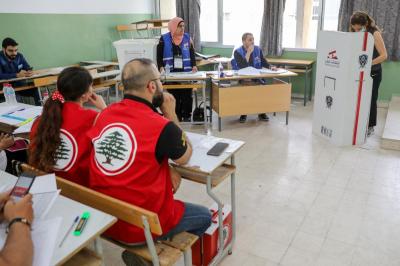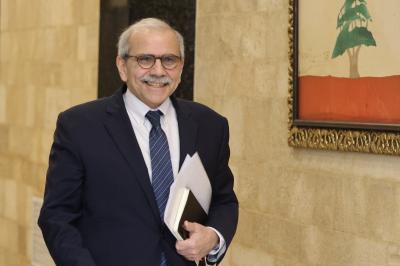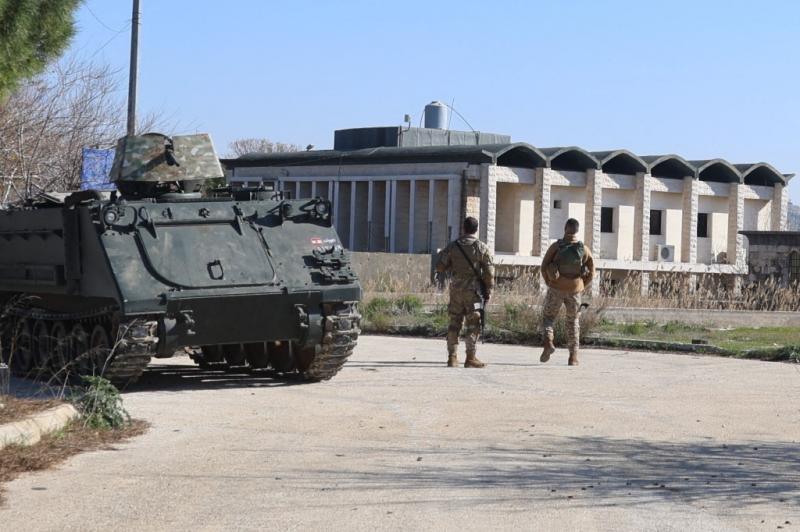The term “canned” doesn’t just apply to food. There are also political “canned goods” – spoken or written – that might be useful at the moment of consumption but, when it comes to real sustenance, where do they stand?
Many of these political soundbites have long passed their expiration date. Among them are the hollow statements made by officials, such as “We will hold them accountable” or “We will investigate.”
Let’s take three fresh examples from our daily lives:
First Example: A Half-Hour of Rain, a Country Paralyzed
A rainstorm hit Lebanon during the peak of winter—not exactly a surprising event. It lasted just 30 minutes and affected only one area, the coastal part of northern Metn. But it was intense, and that was enough to bring the country to a standstill. People were trapped in their cars for more than three hours as the roads in Sin El Fil and Dekwaneh turned into rivers, rivaling even the Mississippi.
Frustration boiled over, and curses reached their peak as patience wore thin. In response, Prime Minister Nawaf Salam sought to calm public outrage by instructing Public Works Minister Fayez Rassamni to investigate what had happened.
Based on past experiences, this “investigation” will likely go nowhere. The rain has spoken, and the government has issued its usual threats of inquiry—only to forget about them. I hope, just this once, I’m proven wrong.
Second Example: The Disrespect of National Symbols
Lebanon’s national symbols—its flag with red stripes, white background, and green cedar tree, as well as its national anthem—continue to be disrespected with impunity. Those responsible for these offenses often think of themselves as creative pioneers.
Six years ago, at the start of what was called the “October 17 Revolution,” singer Carole Samaha released a so-called “modified version” of Lebanon’s national anthem in the name of gender equality. The original lyric, “Our plains and mountains are a cradle for men,” was changed to “a cradle for women and men.”
This modification, made in collaboration with *An-Nahar* newspaper revealed a deep misunderstanding. The word “men” in this context does not refer to males; it signifies strength, courage, and wisdom. With this alteration, the late Rashid Nakhle, who penned the anthem’s lyrics, and Wadia Sabra, the great composer who set it to music, surely turned in their graves. No matter how hard Samaha and her collaborators tried to force “women” into the musical phrasing, they distorted the anthem’s poetic and musical structure.
The result? A grating rendition that insulted poetry, music, the Arabic language, and its meanings. How this was supposed to support women remains unclear. And what exactly did the “revolution” accomplish by singing a distorted anthem?
Then, just yesterday, *An-Nahar* struck again. This time, it unveiled a Lebanese flag with its red stripe cutting through the cedar tree—part of a marketing campaign for International Women’s Day, allegedly advocating for gender equality.
This so-called “pioneering initiative” was met with public outrage and quickly withdrawn. But why do Lebanese authorities remain silent in the face of such blatant disrespect toward the country’s permanent symbols, while swiftly punishing any insult directed at politicians, rulers, and foreign dignitaries—who, unlike national symbols, are merely temporary figures?
Some may argue that imposing consequences for such actions would be a violation of free speech. But freedom is not anarchy. It is not about hurling insults, fabricating lies, distorting facts, or selectively omitting truths. It has boundaries, shaped by truth, values, and ethics. As Jesus Christ said, “You shall know the truth, and the truth shall set you free.”
So, who will investigate this? And who will be held accountable?
Third Example: Leaks, Sweet-Talking, and Broken Promises
The final example is the constant cycle of political leaks, sugar-coated rhetoric, and grand promises that briefly lift people’s hopes—only for reality to come crashing down.
These leaks either come from government aides or from media outlets that act as mouthpieces for officials. Their purpose? To make any official movement, whether domestic or international, seem significant. But when the moment of truth arrives, these officials return empty-handed, and the people are left drowning in disappointment.
One recent so-called “reform measure” was discussed at the latest Cabinet session: holding meetings in a designated venue, in accordance with the Taif Agreement. This aligns with Article 65 of the Lebanese Constitution, which states that the Cabinet should convene regularly in a special location, presided over by the President when present.
This practice was first implemented under Prime Minister Salim Hoss during President Émile Lahoud’s tenure but was later abandoned following a string of assassinations at the end of Lahoud’s term. It was briefly revived by Prime Minister Fouad Siniora’s government in 2006. The designated meeting places included a building formerly used by the Lebanese University’s central administration near the National Museum and, later, the Economic and Social Council’s headquarters in downtown Beirut.
If Lebanon’s political paralysis truly stems from the lack of a designated meeting place—not from systemic corruption, sectarian divides, or entrenched interests—then let the government hold its sessions anywhere. Our homes, our hearts—anything to satisfy the Taif Agreement and its international and regional sponsors.
 French
French

